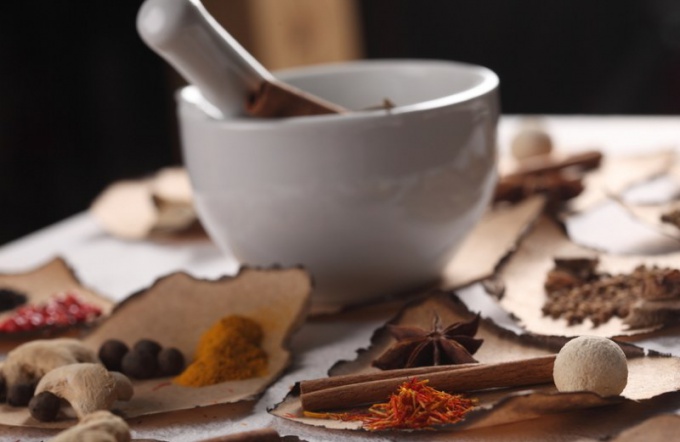Stone
Stone mortar ideal for grinding grains, seeds, nuts, fruits. Such mortar is used in India, Indonesia and Latin America for cooking pasta snack: guacamole, sambal, curry, masala. Mortar made of basalt and granite have the highest hardness, density and resistance to abrasives. However, basalt is difficult to Polish, so the surface of the basalt mortar mixed. It is difficult to grind paste and spices until smooth.
Mortar made of granite perfectly amenable to polishing and have a high hardness and strength. The same shall apply to such natural stones like Jasper, agate, onyx and carnelian. Spices such mortar abrade to the state of powder, and the paste obtained is smooth and homogeneous. Stone mortars are good because they do not absorb water and does not react to the action of fruit acids and natural dyes. The exception is marble, the hardness of which is two times lower than the other stones. Besides, he absorbs and responds to weak acids acetic or citric.
The cost of granite and marble mortar is almost the same, therefore, focusing on the quality of the stone, it is recommended to select granite. As for semi-precious stones, mortars made from them, meet all requirements for quality and appearance, but their cost is quite high.
Tree
Wooden mortars are suitable not only for grinding, as for grinding grains and seeds. In Japan it is still made of rice flour and starch in large wooden mortars. A big plus of such accessories is the resistance to acids and alkalis. But the wood absorbs odors, water and colored food dyes, what your favorite accessory will sooner or later crack. Choosing a wooden mortar, look for one that is made from precious wood – it will continue longer subject to infrequent use. Most often, the stores meet the mortar from olive wood. They are quite durable; they can RUB the leaves, herbs, seeds, fruits, vegetables and nuts.
Porcelain and glass
The birthplace of porcelain is China mortar. This accessory can undoubtedly become a star in the kitchen, decorate the interior, and wash it easier. However, porcelain has poor hardness, resistance to moisture and to chemicals compared to natural stone. If you are going to crush nuts, and black pepper and other solid spices, you can come and mortar made of porcelain. In this capacity it is convenient to grind various pastes, leaves, grass and grind the pills. No wonder a porcelain mortar is an integral part of the pharmaceutical industry.
Glass is the most impractical for the mortar material. It is resistant to mechanical and thermal influences and is very fragile. If you purchased a glass mortar, then the only thing you can use is rubbing herbal basics for the type of cocktails Mojito or cooking soft pastes.


